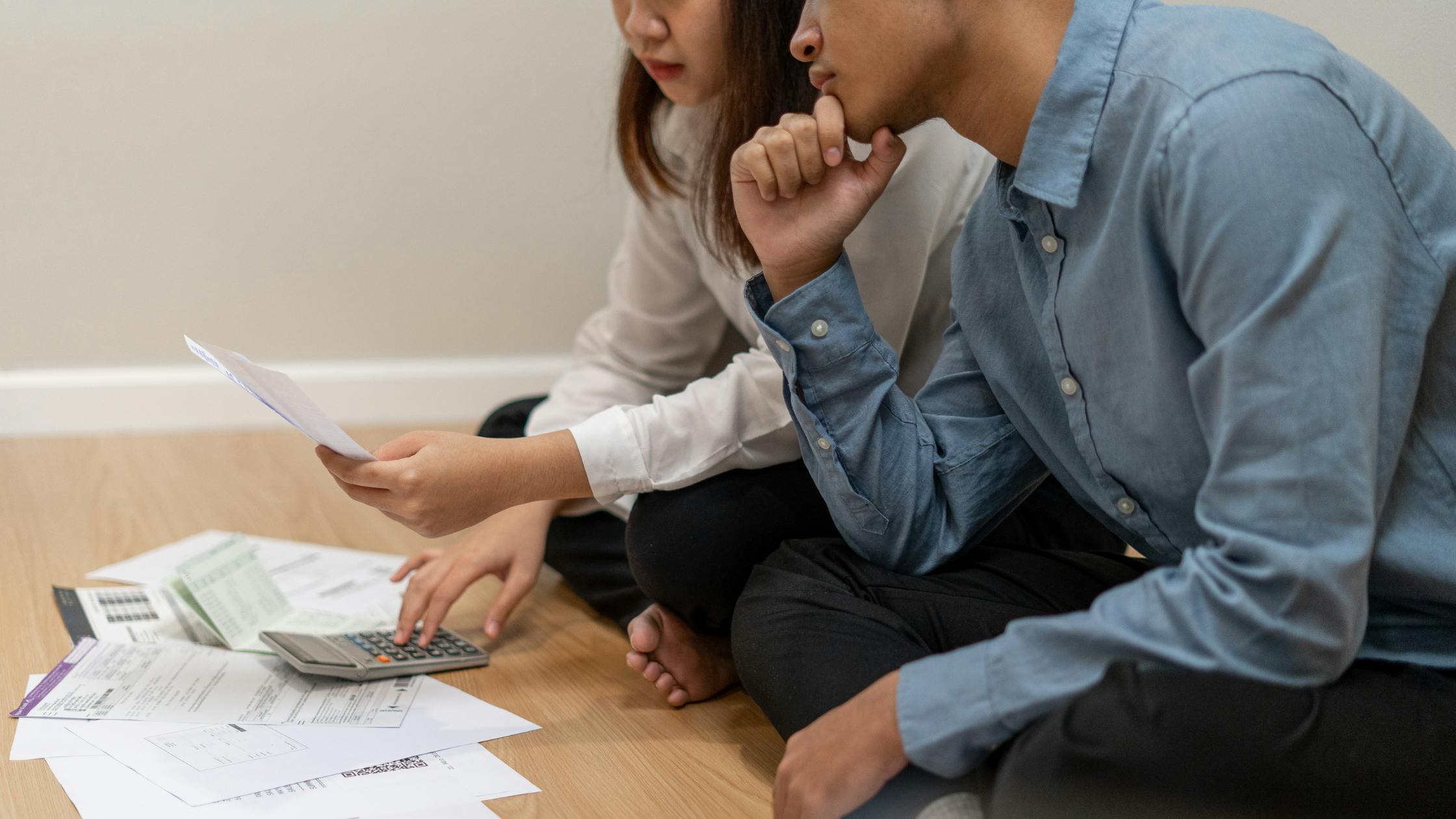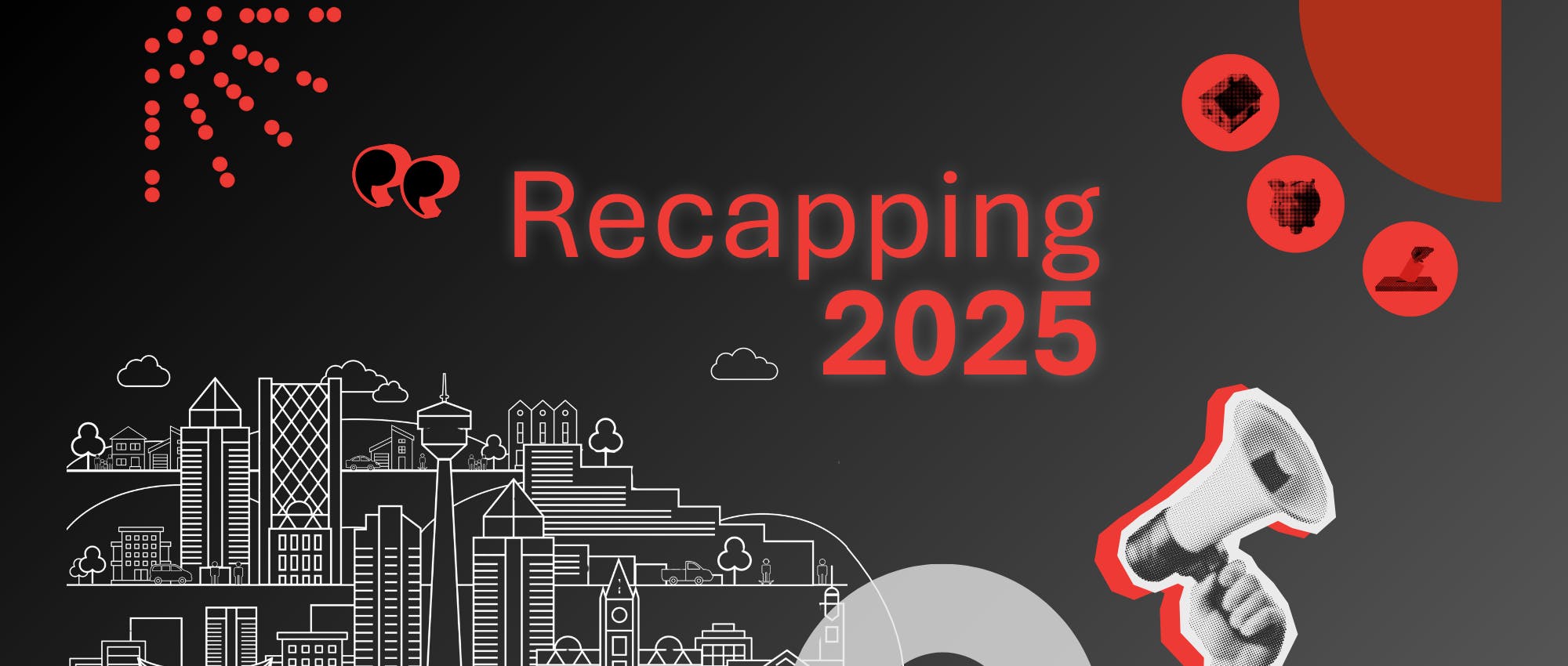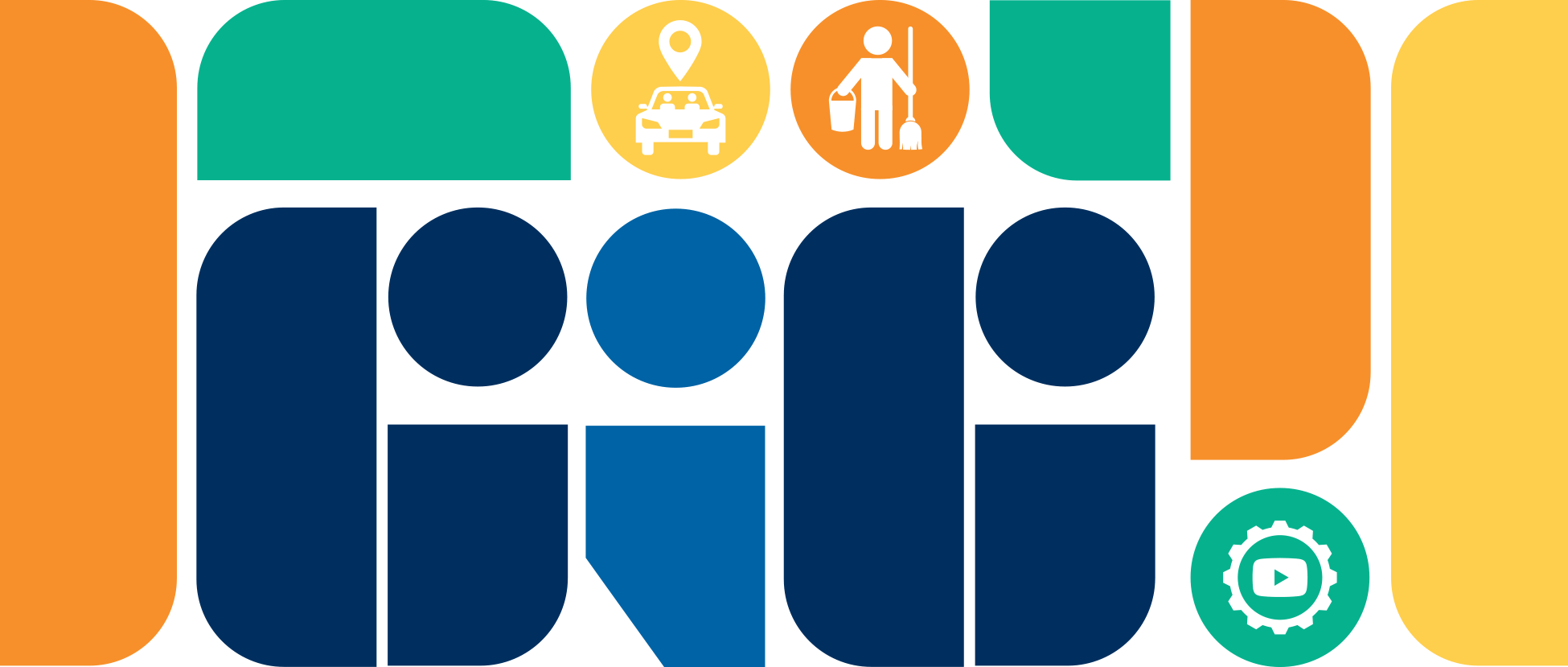Do you lose your house when you file for bankruptcy? Should you cash out your RRSPs to avoid it?
Too many people rely only on creditors or collection agencies for debt advice — at least that's what CBC Calgary was hearing.
So they put out a call. Then lined up two experts to answer questions from the public: Taz Rajan, a community engagement partner with Bromwich and Smith, and Jolie Viguers, a certified professional accountant and certified financial coach.
Read an excerpt below (reprinted with permission). Or check out Don't cash RRSPs to pay credit card debt — advice from two financial experts answering your questions on debt for the full article.
When is declaring bankruptcy the right solution?
Alison spent years racking up debt and paying it off while working for her family business. But that cycle of spending started to catch up with her after the business got sold, she had a family, and interest rates took off. She now pays roughly $1,000 per month just to cover the interest on her line of credit and credit card.
"I don't know where to turn … I'm also kind of ashamed because I used to have money."
Alison asks whether she should declare bankruptcy or cash in her RRSPs to pay off her $75,000 in personal debt?
Taz Rajan says bankruptcy is always the last option, not the first.
She says the best way to figure out what is right for you is to get a free, no obligation consultation with a licensed insolvency trustee who can help you figure out your expenses, incomes, assets and liabilities.
Rajan says only a licensed insolvency trustee can file a bankruptcy on your behalf.
To actually file the bankruptcy, the fees are about $200 per month or more, depending on your income, for six months.
She now offers insight on bankruptcies from both sides of the table.
Seven years ago, Rajan was in a serious car crash that put her into financial ruin. She got a concussion and was unable to work. But she says that didn't stop the bills, her mortgage and utilities from needing to be paid. She says she eventually ran out of savings and RRSPs and could no longer make her payments.
She says she had no choice but to declare bankruptcy.
"But today I use that as a springboard, and I hope that my story will help somebody realize that it could happen to anybody, and it's not the end of your life or your credit as you know it," said Rajan.
What are the pros and cons of declaring bankruptcy?
Julia is a musician and a music teacher who owes $90,000 in credit and student loans. She wants to know how badly declaring bankruptcy would affect her life.
Rajan says it's up to each person to weigh the pros and cons of bankruptcy.
On the pro side, she says, bankruptcy instantly stops the harassment from creditors and sometimes forgives all of your debt, including CRA tax debt. It allows you to keep some equity in your home, various household items and RRSPs, because all of these items are legally exempt.
That's why Rajan advises people not to cash in RRSPs to pay off debt.
"Anything that is registered, RRSPs, LIRAs, all of these things, they're protected under the Insolvency Act, which means your creditors do not have a right to that," said Rajan.
"Guilty as charged, that's what I did. Now I am kicking myself."
On the con side, Rajan says, a bankruptcy wouldn't necessarily forgive Julia's student loans — they're only eligible under certain conditions.
She also says bankruptcy is the worst rating you can receive on your credit report. And it stays there for nearly seven years.
But she says it's important to put that worry into perspective, because not paying bills or wracking up several credit cards also hurts your credit.
Plus with bankruptcy, there is an end in sight.
"As long as you keep your obligations and you are discharged, you can get credit again. It's not the end of the world, there is life after debt," said Rajan.
Mounting credit card debt: what's the best way to dig yourself out?
Michelle, 59, lost her job, went back to school to retrain in a new field, and has accrued about $35,000 in credit card debt. She wants to know how to pay it off.
"If I have to pay that credit card debt, I'll have to work till I'm 90 unless I claim bankruptcy, which I don't want to."
Jolie Viguers says the first thing Michelle needs to do is relax and know she is not alone and that there are solutions.
She says anyone in this situation needs to take full stock of what they owe and how much money they're bringing in, in order to create a budget.
Once that's laid out, Viguers says, people can start with two solutions: either bring in more money with a side hustle or cut back on expenses.
"It gets to be a very fine line as to how much we can trim out because it's not just the Starbucks that's throwing your budget out of balance," said Viguers.
Viguers and Rajan also suggest that people reach out to their creditors to try to secure a lower interest rate or set out a payment plan, because avoiding them will create more problems in the long run.
"'Here's my situation, let's help each other out, I don't want to have to go into a consumer proposal or a bankruptcy. I don't want to leave you hanging. I want to pay you back. But this is my situation,'" Rajan said of her suggested approach.
"They are much more likely to work with you versus when we are avoiding."
Resources
- Read the full article Don't cash RRSPs to pay credit card debt — advice from two financial experts answering your questions on debt.
- Watch CBC Calgary's Colleen Underwood as she seeks answers from two local debt relief experts. They start with bankruptcy, consumer proposal is at 10 minutes and debt consolidation is at 19 minutes.
- Families and individuals need income to get by and assets to get ahead. Calgarians should have the support they need to optimize their incomes, increase their financial assets and reduce their debt while preserving their integrity and dignity. Learn more about Financial Empowerment as a poverty reduction strategy.







